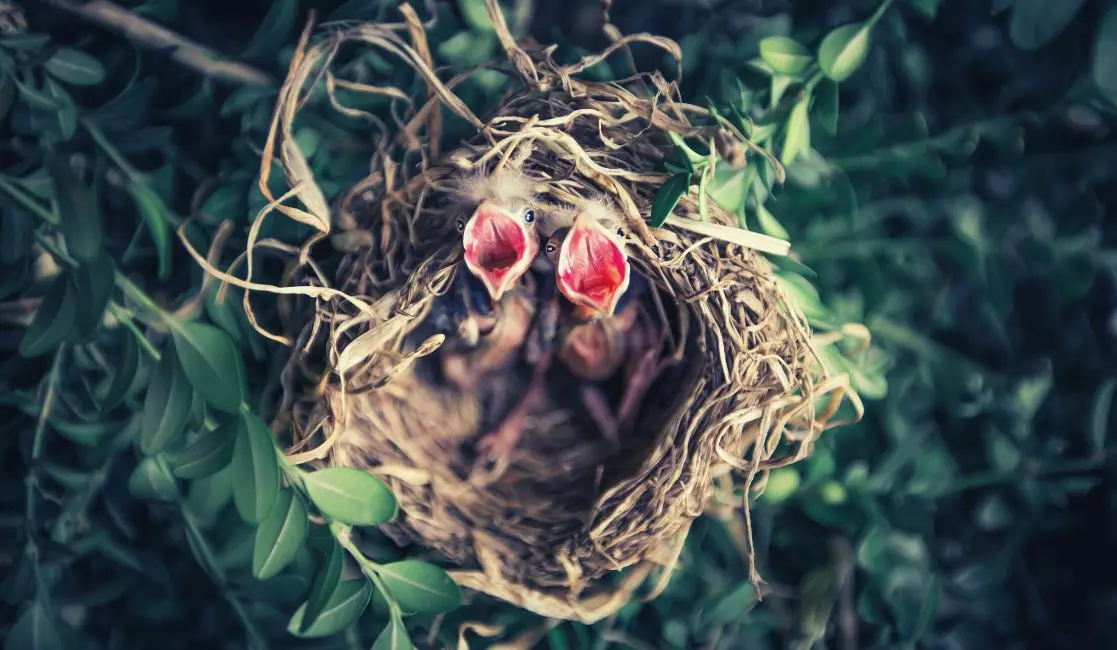Humane Bird Nest Removal in Bowmanville
How to remove bird nest
Determine the bird species: Identify the species of birds using the nest. Different birds have varying nesting habits, and some species are protected by law. It is illegal to disturb or remove nests of protected bird species in many countries.
-
Timing is crucial: The best time to remove a bird nest is when it is no longer active. Most birds raise their young and abandon the nest once the chicks have fledged. Wait until you are certain the nest is empty and inactive.
-
Assess the situation: Consider the location and accessibility of the nest. If it's in an inconvenient or unsafe location, such as near electrical wires or in a high-traffic area, removal may be necessary. Make sure you have the necessary equipment and safety precautions in place.
Wear protective gear: Wear gloves, long sleeves, and a mask to protect yourself from any potential bird mites or other contaminants that may be present in the nest.
-
Remove the nest: Gently and carefully remove the nest, taking care not to damage any surrounding structures or vegetation. Place the nest in a plastic bag and seal it tightly.
-
Dispose of the nest: Depending on local regulations, you may need to dispose of the nest properly. It is generally recommended to discard it in an outdoor trash bin, away from your home, as birds may be attracted to the scent and attempt to rebuild in the same location.
-
Prevent future nesting: To deter birds from building nests in undesirable locations, consider implementing bird deterrents such as bird spikes, netting, or visual repellents. Consult with local wildlife experts or bird control professionals for advice on effective and humane deterrent methods.

How to care for baby birds in a nest
Assess the situation: Determine whether the baby birds are in immediate danger. If the nest is in a hazardous location or at risk of being destroyed, you may need to intervene. Otherwise, it's generally best to let nature take its course and allow the parents to care for their young.
Observe from a distance: If the nest is undisturbed and the parents are present, it's usually best to leave the baby birds alone. Parent birds are highly dedicated to their offspring and will continue to care for them.
Keep pets and children away: Ensure that pets and children do not have access to the nest. Disturbances can cause stress to the parents and potentially harm the baby birds.
Determine if intervention is necessary: If the nest has been destroyed, the baby birds have fallen out, or the parents are clearly absent for an extended period (several hours), intervention may be necessary.
Contact a wildlife rehabilitator: If you determine that intervention is necessary, contact a local wildlife rehabilitator or wildlife rescue organization. These professionals are trained to care for orphaned or injured birds and will provide guidance on how to proceed.
Follow professional advice: The wildlife rehabilitator will provide instructions on how to safely handle and transport the baby birds, as well as guidance on temporary care until they can be transferred to the appropriate facility.
Diseases baby birds spread
Avian Influenza (Bird Flu): Avian influenza is a viral infection that can affect various bird species, including baby birds. It can be transmitted to humans and other animals, causing respiratory illness. Direct contact with infected birds or their droppings is the primary mode of transmission.
Salmonellosis: Salmonella bacteria can be present in the droppings of baby birds, as well as adult birds. Handling or coming into contact with contaminated droppings or surfaces can lead to salmonellosis in humans, causing symptoms like diarrhea, fever, and abdominal cramps.
Psittacosis (Parrot Fever): While more commonly associated with parrots, psittacosis can also affect baby birds. It is caused by the Chlamydia psittaci bacterium and can be transmitted to humans through inhalation of infected droppings or respiratory secretions. Symptoms in humans may include flu-like symptoms, pneumonia, and eye infections.
E.coli and Campylobacter infections: These bacterial infections can be present in the feces of baby birds and may cause gastrointestinal illness in humans if proper hygiene practices are not followed.
- Wear gloves and avoid direct contact with the birds or their droppings.
- Wash your hands thoroughly with soap and water after handling baby birds or any potentially contaminated surfaces.
- Avoid touching your face, particularly your eyes, nose, and mouth, while handling baby birds.
- Clean and disinfect any equipment or surfaces that may have come into contact with baby birds or their droppings.






